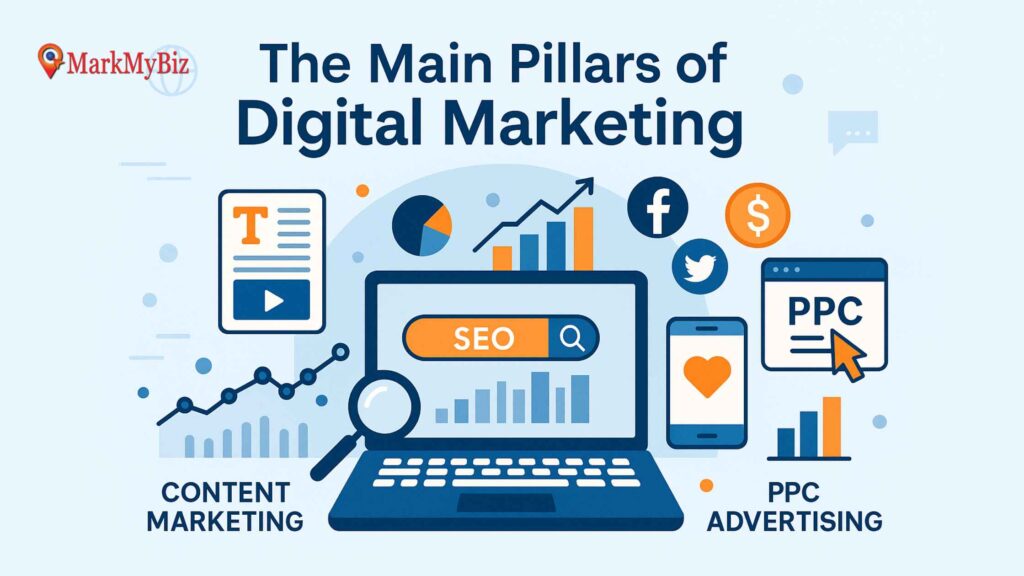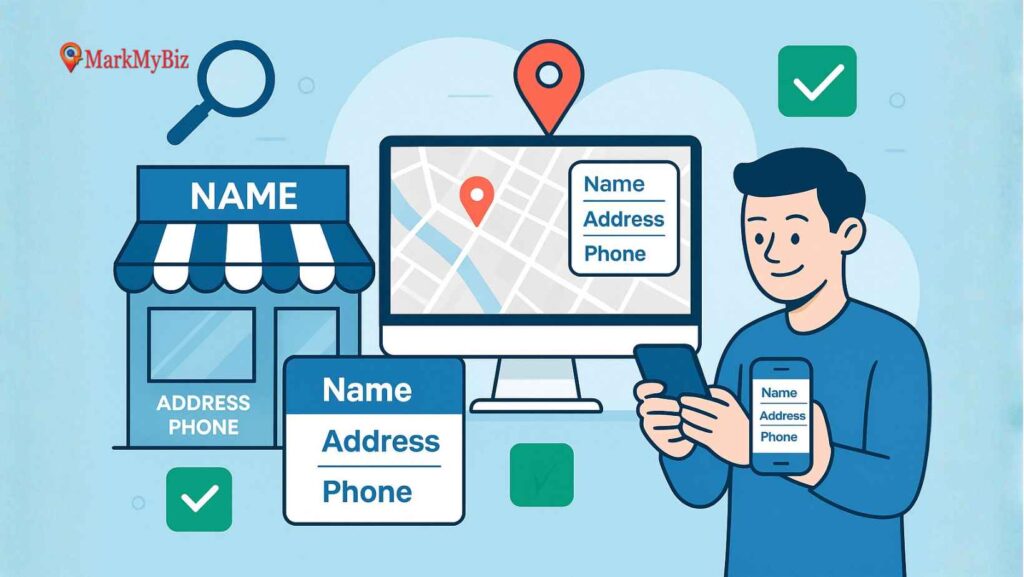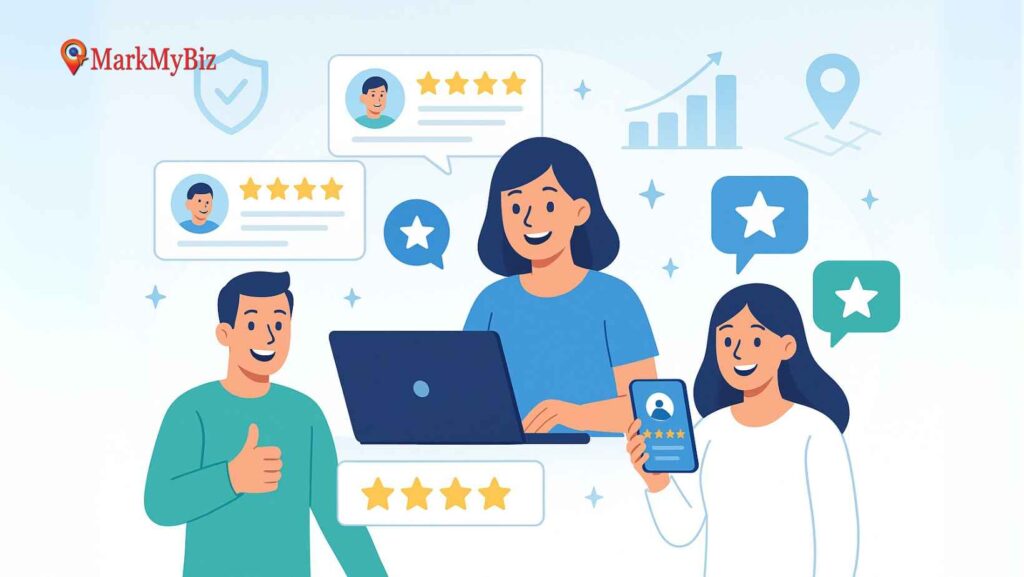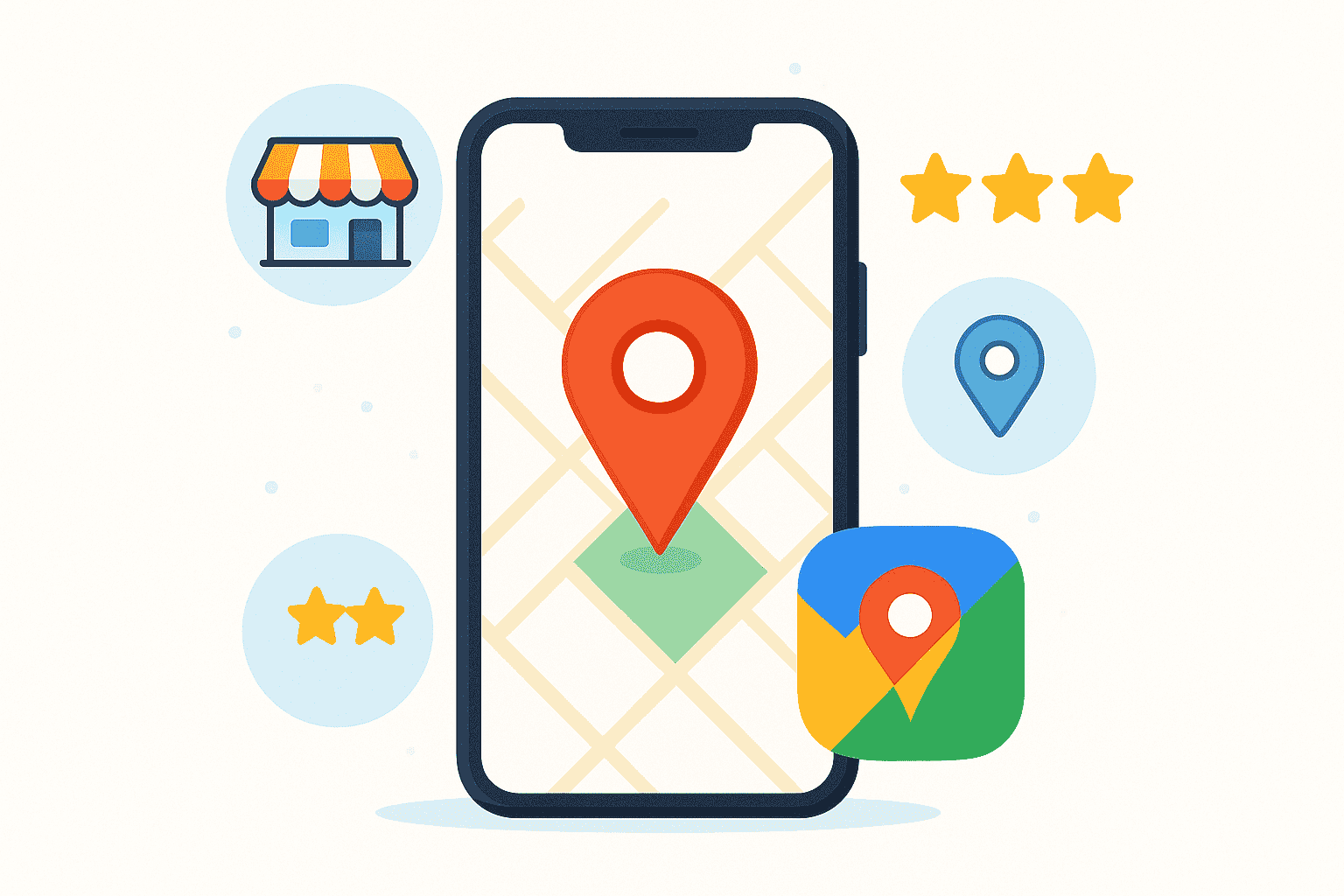WordPress is a website-building tool that most users may use with little to no coding knowledge. After creating their websites, a few users might need further technical help, so they speak with WordPress Website developers. Finding out more about a profession as a WordPress developer could be helpful if you’re interested in a career in customer service and IT.
This article covers the basics of a WordPress Website developer, the work that these experts do, how to become one, the three different kinds of WordPress developers, and some advice for those interested in pursuing this career.
What is a WordPress Website Developer?
A WordPress developer is a specialist who handles the more difficult issues associated with utilizing or maintaining a WordPress website. They often have more coding and website development expertise than the average user, which allows them to manage the infrastructure and ecosystem of these websites. A WordPress Website developer typically knows how to use a variety of WordPress products and plugins in addition to at least one major programming language.
What Do WordPress Website Developers Do?
WordPress developers often work with clients to upgrade existing WordPress software or to meet their customized website requirements. Job roles and responsibilities may differ according to the employer, client requirements, and the sort of websites managed. These experts may also handle the following additional tasks as part of their job:
- Making unique modules, themes, or plugins
- Building wireframes or sitemaps for websites
- Changing an existing website to a WordPress one
- Redesigning websites to maximize functionality and search engine rankings
- Reviewing or troubleshooting the WordPress codebase to enhance performance
- performing back-end and front-end development
- Overseeing several projects concurrently and Interacting with clients
- Chatting with prospective customers
- Carrying out maintenance and support activities, including security scans and backups
How to Become a WordPress Website Developer
Take a look at this list of actions that could assist you in pursuing a profession in WordPress Website development:
Learn at Least One Programming Language.
Because of WordPress’s simple and user-friendly interface, normal users do not need coding experience; however, developers must be familiar with at least one programming language in order to do more complicated activities. For example, a client may want a one-of-a-kind design or functionality for their website. If you’re not very experienced with coding, start by studying HTML and CSS. These scripting languages’ simple infrastructure may make them easier for beginners to learn.
Different programming languages may also enable you to do different things on websites. JavaScript, for example, enables users to include interactive buttons within their websites. Users can see error logs with PHP. The following is a list of various programming languages and what they can do with WordPress:
- PHP: This scripting language aids the website in performing many of its most basic duties.
- HTML: This language affects how a website appears in a user’s browser.
- CSS: This programming language modifies the look and feel of a website, including its color scheme.
- JavaScript: This language is used to provide many of a website’s interactive elements, such as buttons and links.
Familiarize yourself with WordPress.
Learning about the platform and its capabilities can help you improve your developer skills. Here’s a list of some methods to get familiar with WordPress:
Take WordPress Classes.
You can discover free or low-cost WordPress educational courses online or through various social media platforms. Expert knowledge is frequently included in these courses. As you increase your skills, you may locate specialized classes on themes of interest to you.
Review the WordPress Codex.
There is a reference manual available on the WordPress Codex website for users of all skill levels. The WordPress Website developers made this website to assist users in understanding the foundational aspects of using WordPress. Additionally, developers can learn technical and advanced components of the website from the handbook, which could help them with their websites or clients’ websites.
Read the WordPress Developer Tools.
A code reference is among the materials compiled by WordPress developers for developers. Additionally, developers can study block editor information, plugin and theme development guidelines, and API handbooks. Professionals with intermediate WordPress knowledge may benefit more from this resource list, which frequently includes slightly more advanced tutorials.
Also Read:- How To Boost Website Page Loading Speed
Create a Website with WordPress.
You might gain hands-on experience and a better grasp of WordPress by building and experimenting with your website. Think about creating pages or blog entries, experimenting with formatting and style, or including widgets and plugins. You can also play around with the coding on your website as you learn. Construct a widget, back up the website, or include information from another website.
Choose your Focus Area.
Numerous developers have areas of expertise inside WordPress, such as theme creation or core development. Make sure you are proficient in the majority of WordPress features before deciding on a specialization. Even if you are an expert in one area, you can still provide general work for clients on a variety of topics. The following is a list of various areas that you could work on with a WordPress website:
- Core development
- WordPress Theme Development
- Plugin creation and API creation
After choosing your particular area, consider growing your knowledge by altering existing code or attempting to construct a website, theme, or plugin from the ground up. A theme or plugin may be made into a private version that you can modify. Make your theme or read through the Handbook for Core Contributors. You might even test issues, which could help you gain more hands-on experience with the platform.
Also Read:- How to Build an SEO Friendly Website Design– Complete Guide
Join the WordPress Community.
WordPress has a global community with the primary objective of enhancing the platform and assisting others who are learning how to use it. Consider looking through social media groups, internet forums, or even live conferences. Speak with other developers and WordPress enthusiasts to gain a better understanding of the platform and to establish a support network in case you need advice or pointers. These experts could offer you networking possibilities, assist you in locating solutions on particular websites, or keep you informed about industry best practices and information.
Work on Your Resume and Portfolio.
Creating a portfolio of examples of your work may help you acquire clients. A strong portfolio showcases your greatest technical abilities, general platform comprehension, and subject-matter competence. Your CV might feature your WordPress developer portfolios so that prospective employers can review your work. If you’re interested in working as a freelance WordPress developer, you should think about creating a polished website to showcase your work and include a link to this portfolio.
Create a professional technical CV that highlights your finest talents, work experience, education, and projects. If you are a recent graduate with little to no work experience, you might want to include more information in your education area. You can include projects, awards, internships, and pertinent curriculum. Proofread your resume after you’ve created it to make sure it looks professional. Use free online resume checkers or think about letting a friend or member of your family review it. Resumes without errors frequently convey a person’s professionalism.
Advertise Your Services
After building up WordPress expertise and building your résumé or portfolio, consider marketing your services or seeking for a position at a relevant company. Social media platforms, job search websites, and the WordPress community are good places to look for freelancing possibilities. Job chances may also arise from community hiring events.
Also Read:- Best Practices for Mobile Friendly Website Development
Conclusion
In summary, to become a WordPress Developer, master programming languages, explore WordPress, specialize in an area, join the community, and build a strong portfolio. Continuous learning and networking are crucial for success. Dive into coding, connect with developers, and showcase your skills for a rewarding career in WordPress Website development. Happy coding!











